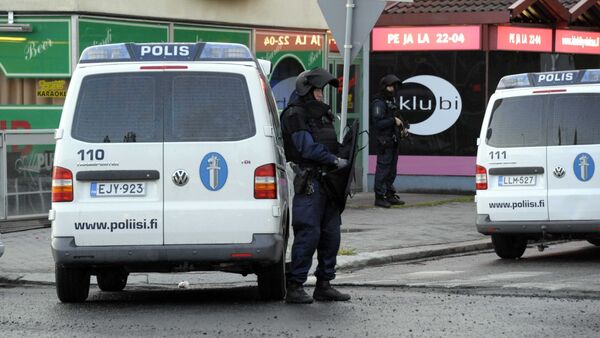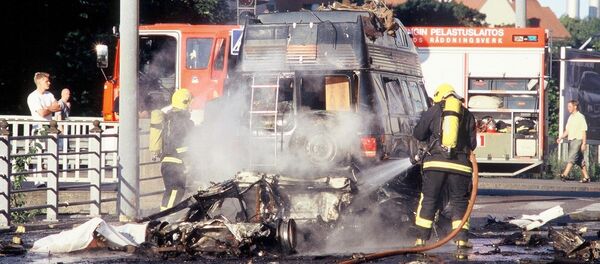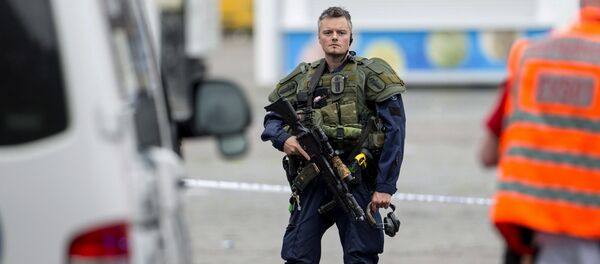In its 200-page proposal presented this week, the Finnish Justice Ministry suggests criminalizing aggravated interference with communications. Additionally, self-studies in preparation for a terrorist act could also be interpreted as a crime. At present, only receipt of terrorist training from another person is a punishable offense.
The foundation for the proposed reform is that the sheer intention of carrying out a terrorist act exhibited by a suspect may be interpreted as terrorism, counselor Janne Kanerva of the Justice Ministry explained to national broadcaster Yle.
"Simply visiting a website, printing and storing material is not enough. One would have to prove that the activity was done with a terroristic purpose in mind," Kanerva explained, conceding that this might indeed be a challenge.
According to Kanerva, there would have to be more substantial evidence of a person's terrorist intentions than simply visiting a website. Cases would thus have to be evaluated in their entirety.
Additionally, tampering with communications or aggravated damage to data could be considered terrorism, according to the proposal, which also suggested significantly toughening punishments for such crimes.
In addition, facilitating terrorist travel could also become a crime on par with financing terrorism, which already ranks as a terrorist offense.
"In this case, too, the person facilitating the travel would have to be aware of the purpose of the trip from an early stage," Kanerva pointed out.
Earlier this week, a Helsinki prosecutor called for prison sentences stretching up to two years for three men accused of plotting crimes with terrorist intent. The men are believed to have duped tax authorities to purchase military gear and established a bogus charity to fund their support to "foreign fighters" in the Syrian conflict. They are also believed to have downloaded military training material from the Armed Forces and elsewhere on the internet.
In August 2017, a Moroccan man in the city of Turku went on a stabbing rampage, injuring ten people and killing two others. The Finnish Security Police (Supo) subsequently came under a lot of criticism for failing to act despite having been tipped off about the asylum-seeker's radicalization.




